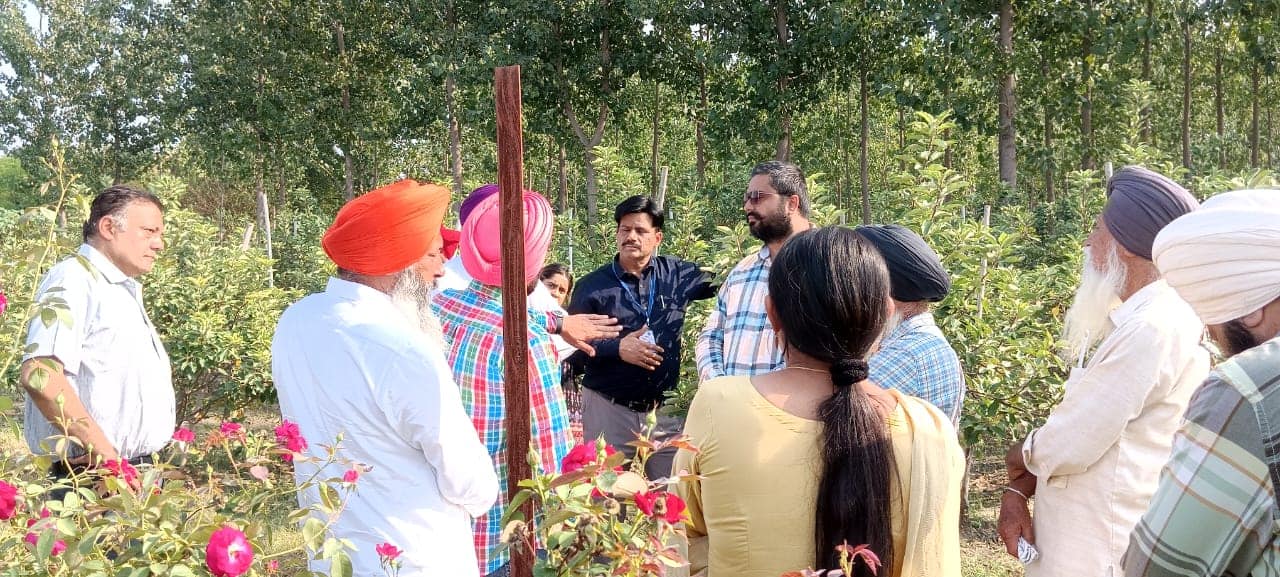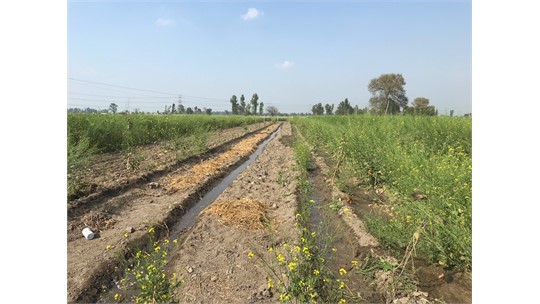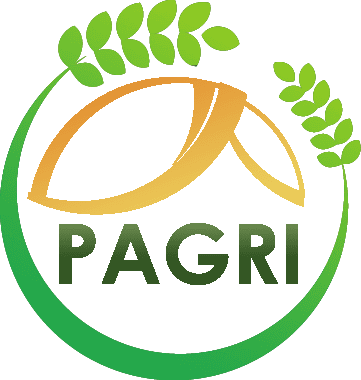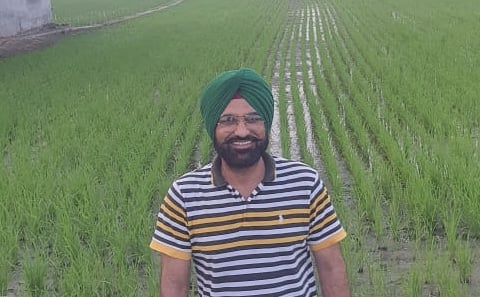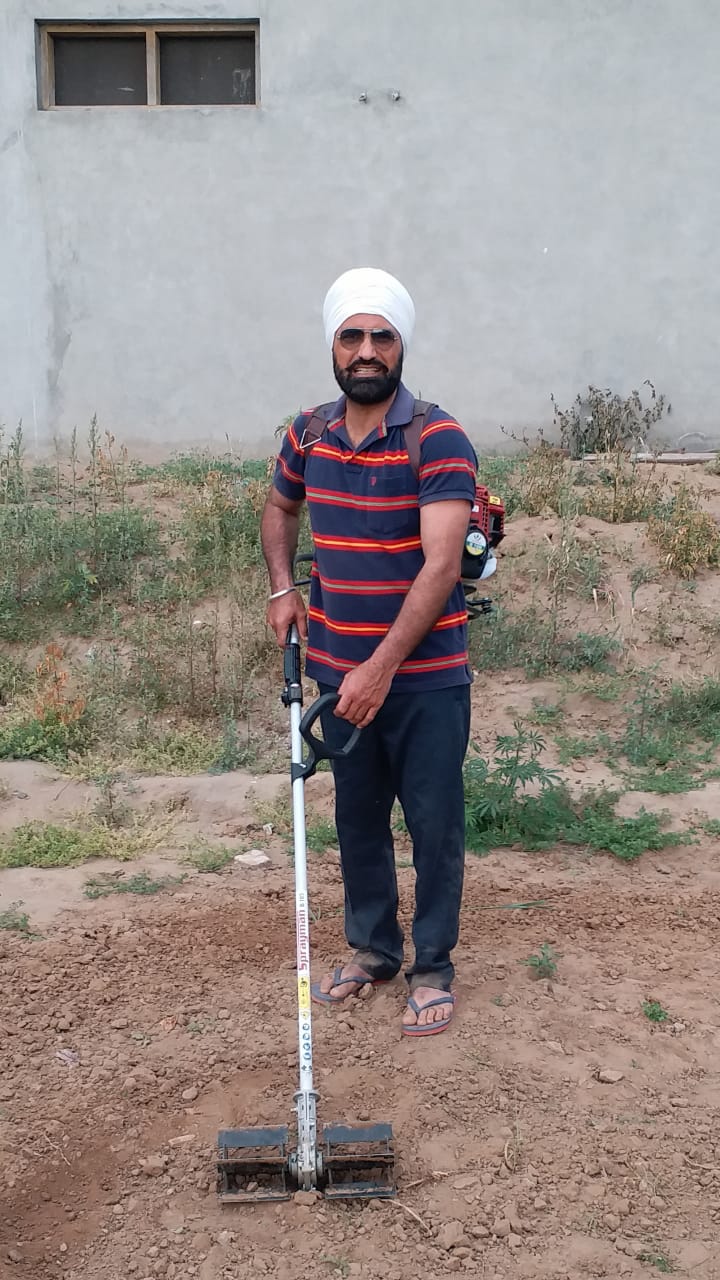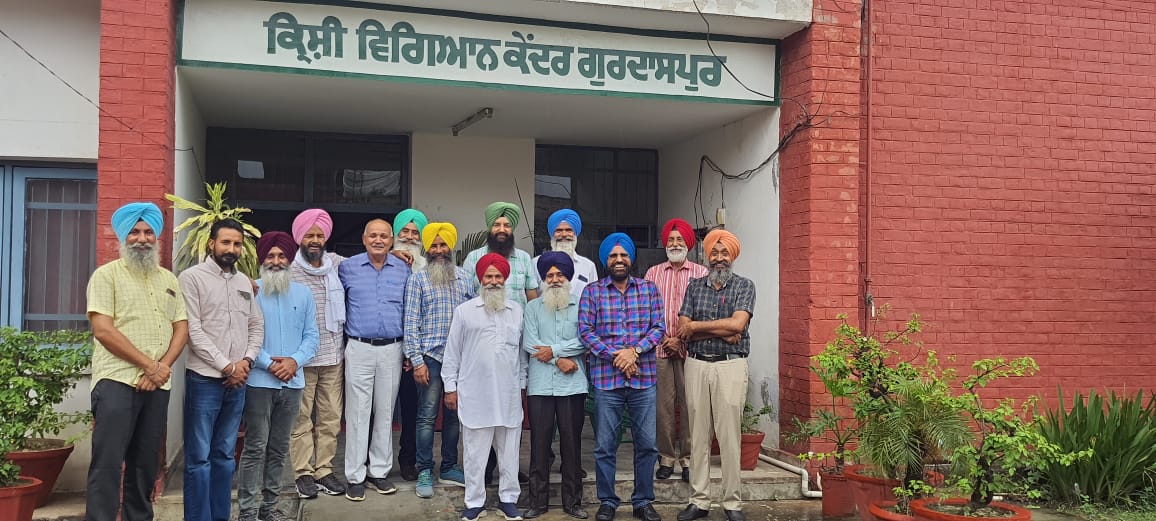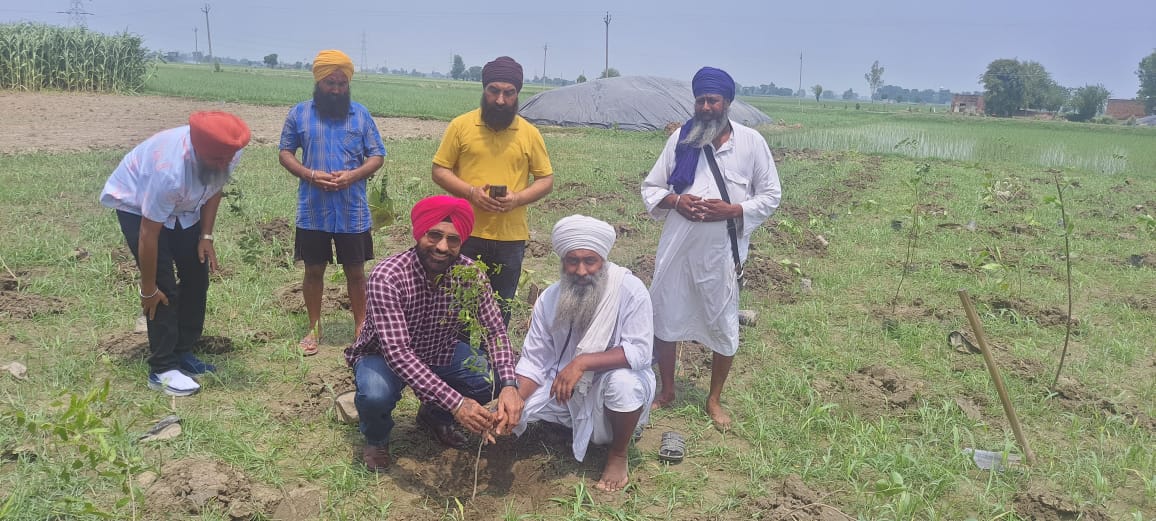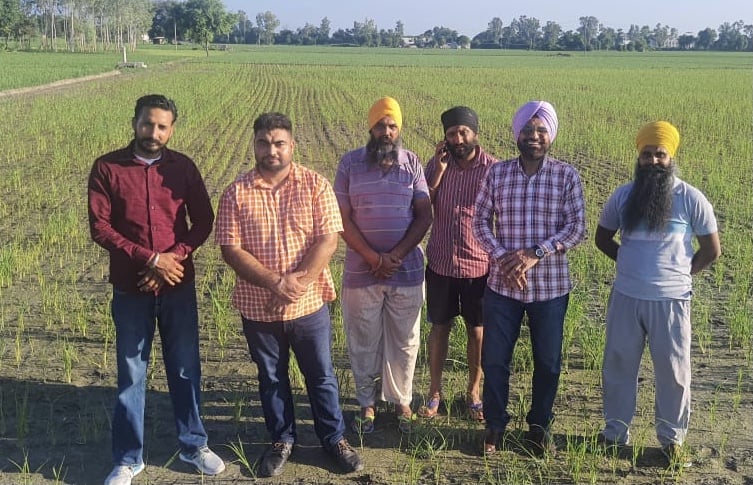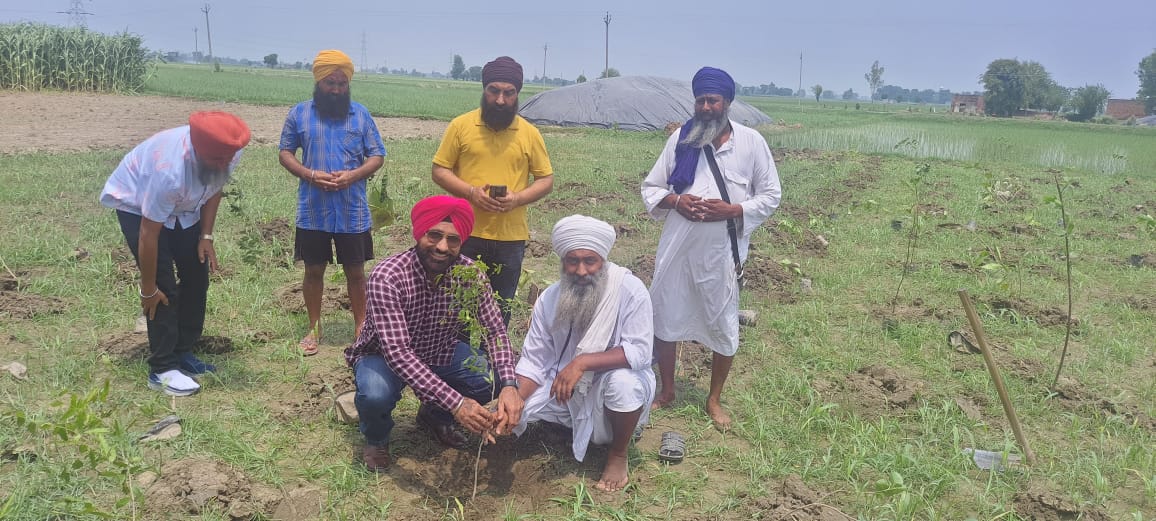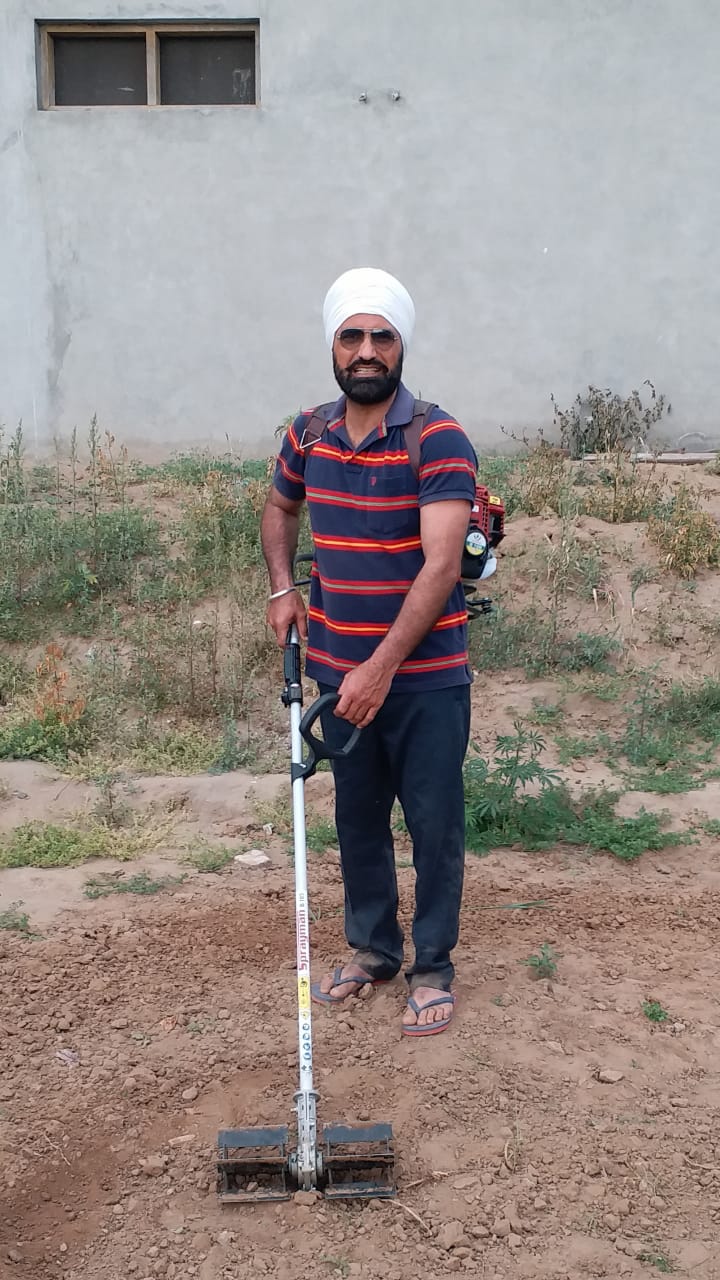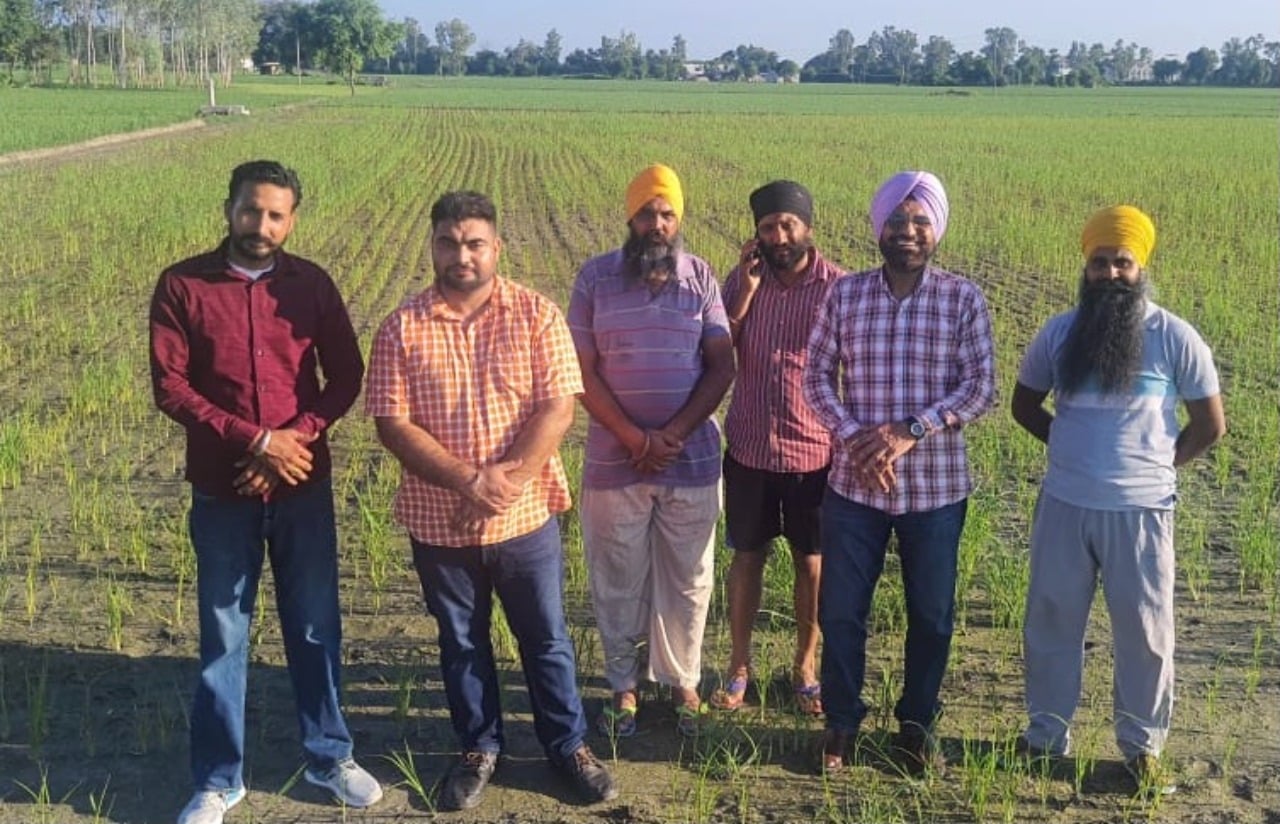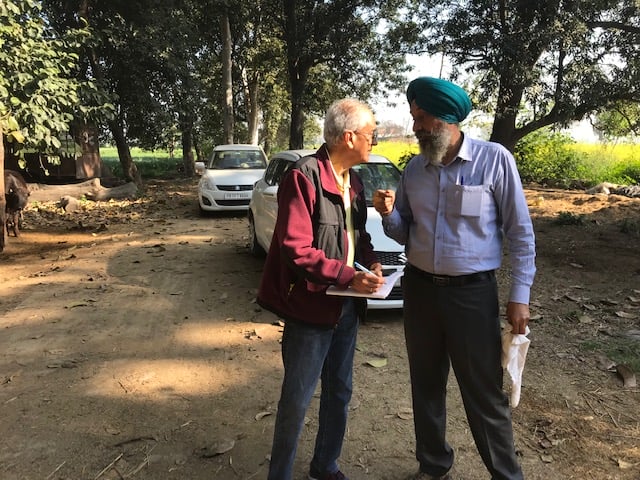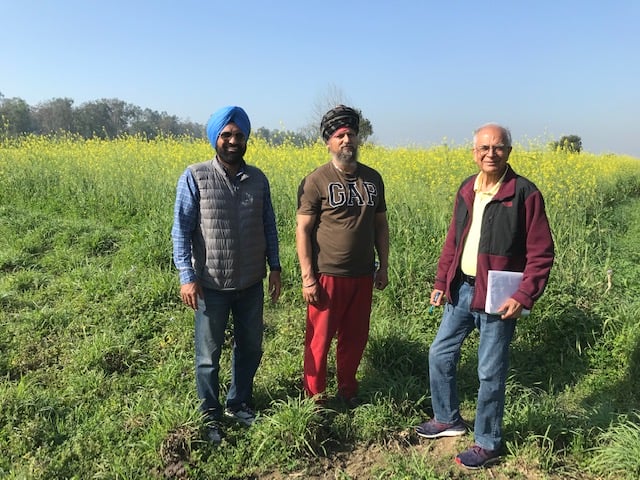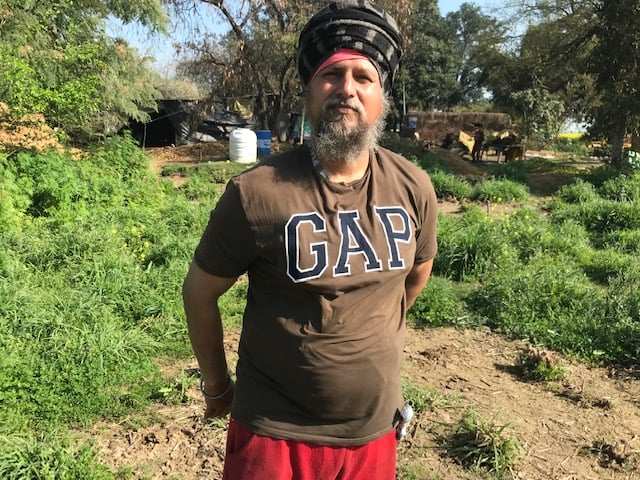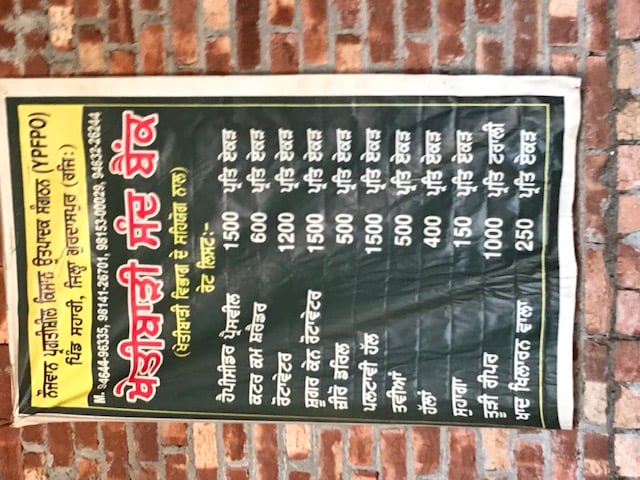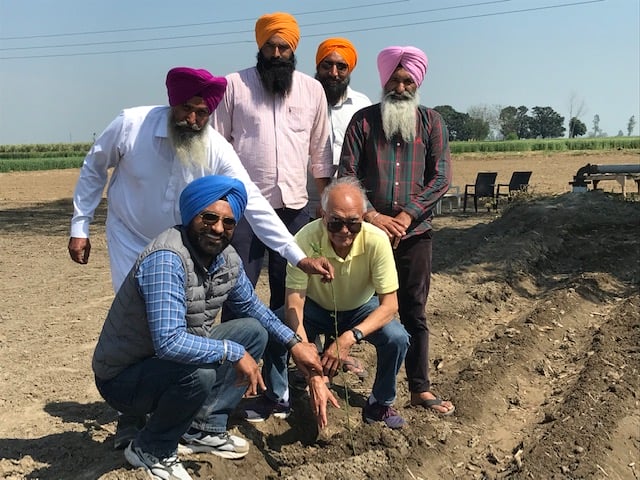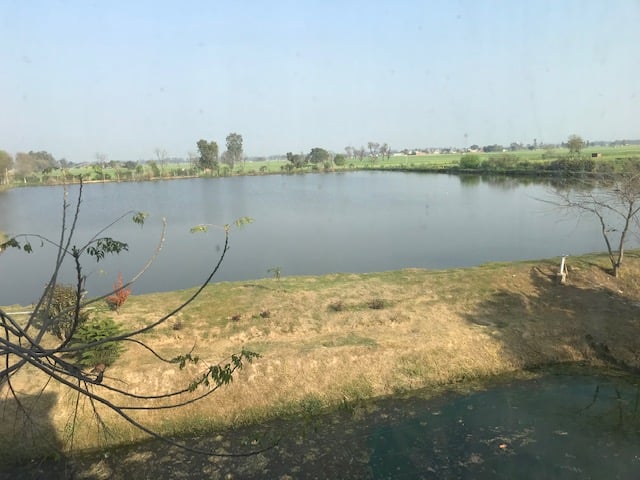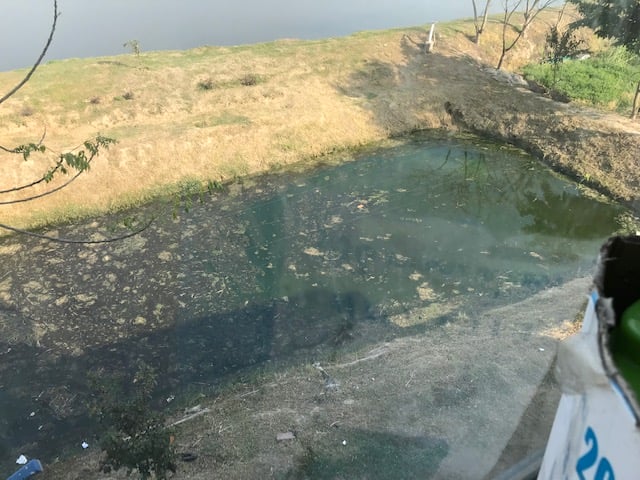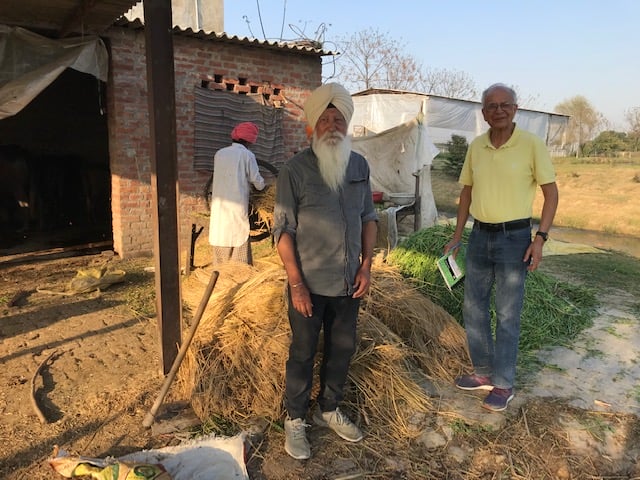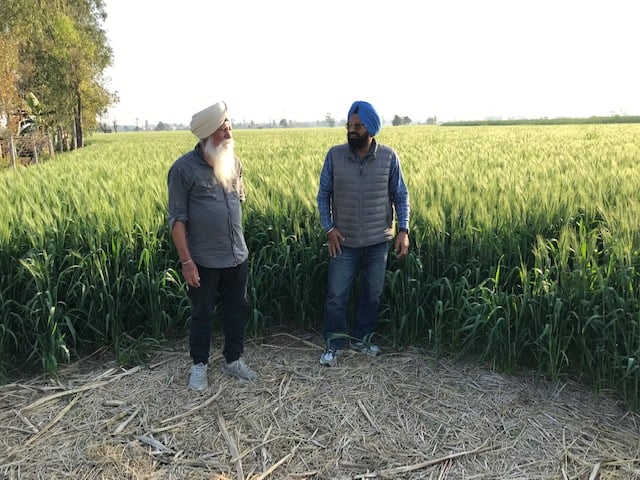Dear Pagri Supporters and Well-wishers
Our secretary Harinder Lamba visited Gurdaspur March 4-5, 2023 and was hosted by Gurbinder Bajwa. Here are the action items and description of the visit.
Gurdaspur – Gurbinder Bajwa and FPO – Action Items
1. Gurbinder to continue extension activity for Good Agricultural Practices with some details to be provided such as farmers names and locations. Gurbinder posts his farm visits very often on Facebook, but we need an added way of tracking farmers by name and farm size and dates helped to trach progress, so we have good stories to tell. Also need regular brief reports, which can be posted on Dasvandh and on website.
2. Food processing: To help new FPO called “Batala Foods” that is being registered under leadership of Palwinder Ghuman (currently operating milk collection center for Verka, and Machinery Bank for larger implements). FPO should have completed registration by now and will cover five categories: Milk and milk product processing and chilling, Jaggery (gur), mustard oil impellers, grinding of organic wheat and maize (only), and shelling of basmati from husk. This activity has full support of Gurbinder Bajwa.
3. Honey Processing: Forty bee keeping farmers near Faridkot need help with Honey processing (they are struggling and really need help). Gurbinder Bajwa feels that Gurdaspur honey processing should be linked up with Faridkot bee keepers. Also, Bhattiji is close friends with a technical Honey Processing expert who could help define what is needed. This can be added as a sixth category to the five for Item 2, but Bajwa thinks we may be better off linking up with Honey Processors in Gurdaspur district.
4. Fruit processing: There is a super expert on fruit processing (Harman Singh) that I met on my first evening at Gurdaspur with Gurbinder. He is an expert on preparing nursery plants for fruit trees (He can help Himachal in a big way, but Punjab needs to engage him). Gurbinder to help make this connection and support this effort if person is willing (forgetting his full name – Gurbinder to provide and connect us with him).
Gurbinder said he will define a proposal for items 2 and 3 (if added) and budget on what help we can provide in initial stages for small empowerment of new FPO.
Visits with Gurbinder Bajwa to Gurdaspur District
Pingalwara
I spent almost three hours with Rajbir Singhji, visiting Pingalwara. He is indeed an inspiration. Absolutely every biological “waste” on their farm is recycled and used either as fertilizer or as a biological based controller of fungi, insects or unwanted plants. Even the micro-organisms are considered to be fertilizer. One significant feature of one of his plots was 12 rows of different crops, each one of which is harvested at the separate time, with the longest time to be that of fodder sugar cane, that is 10 months. Broccoli tasted very good and were planted next to cowpeas (lobia). Poplar trees in one lot sell very well. Biological fertilizer based on gobar and 1 gram of micro-organisms in a 6x8 foot tank were another action mentioned – this serves as an organic fertilizer.
He urged Pagri to establish a nonprofit organization in Punjab – only 5 members are needed – Pradhan, General Secretary and three other members. Then the organization can set up a current account and as per section 80G can get a tax rebate. DC also registers the organization. Then it can apply for FCRA approval after a few years.
Gurbinder Bajwa – observation: Punjab has five seasons – Spring, summer, monsoon, fall (patchad) and winter – extremes of heat, rain and cold. His YIF (Young Innovative Farmers) group has 350 members although it has the capacity for 500 members.
“Harman” – Horticulture Expert with nursery very near road – visited when it was dark.
This person was very impressive. He showed us many fruit tree plants that he can provide, including grafted apple plants. He has an ability to provide thousands of plants. He said that Himachal Pradesh was very aggressive and subsidized fruit trees in a big way. Punjab needs about 3.5 lakh fruit trees. He appeared to have a very high-level expert knowledge on providing all kinds of nursery plants. He can be a big asset if Punjab seeks to be aggressive in replacing significant acreage of wheat and rice with fruit trees.
Focal Point – sites that were set up by Pratap Singh Kairon that would locate Mandi, cooperative society, cooperative bank, hospital and veterinary hospital food processing center and processed products sales. These have been largely abandoned and are lying vacant. By the way, although not at one site, this is what IS BEING PRACTICED IN KERALA IN EACH VILLAGE TO THE GREAT BENEFIT OF ITS RESIDENTS!!
Observations by Harpreet Singh Bhatti
Punjab needs an MSP policy for fruits. From farm to processing unit, farmers need compensation for freight (per Kg). Punjab needs to cover 90% of the capital cost of a new processing unit. Central government grants 50%, 30% by state government, and 10% from Agriculture infrastructure fund (that is what Haryana does, I believe). A wheat weed from Mexico has become resistant to herbicides. Mosquitos have become resistant to pesticides, and there is extended resistance to tuberculosis.
Machinery Bank & Milk Collection Center – Palwinder Ghuman
Visited this in Sahari village. Ghumanji is a personable dynamic leader. He took us to his machinery bank where they rent out their services. Different implements can be mounted behind the tractor and service performed with rates established per acre. Main problem was that of an implement becoming obsolete quickly before they have recovered the cost. He then took us to their small Milk Collection Center (MCC), where milk is received, evaluated and weighed before being accepted for Verka.
FPO (Food Processing Organization) Formation
Ghumanji (with support from Gurbinder Bajwa) is working on registering an FPO that will be called, “Batala Foods”. They went the next day with about 15 farmers to the AR (Assistant Registrar) Office. Seems like they will get registered in a few weeks after the date of our visit. Haryana covers 90% of the cost of an FPO up to Rs. 6 crores. Punjab only covers about 30-35% and there is no effective policy. Also, the FPO policy scheme should be ONE – currently persons seeking to register an FPO have to go from pillar to post to visit all of the Punjab organizations concerned. However, after the capital costs are met (hopefully through subsidy), the FPO still has to cover the cost of fuel needed to run the processing plants and the cost of packaging the finished product. So, working capital is also needed to cover this and the cost of labor.
Sudhir Singh – Organic Farmer
Did not take any notes, so videos will have to cover. He does pure organic farming on about 12 acres. He seemed to be the most relaxed farmer we met in the whole trip. From what I remember, he had said that his earnings were only Rs. 50,000 per acre and he followed the total organic routine including using cow manure from his cattle.
Kabal Singh Goraya – Organic Farmer and Integrated Farming – A Super Center with potential for learning – this needs to be continued and not fade with him!
Village Maddu Chaanga, Block Ajnala, District Amritsar.
After Pingalwara, this was the most educative visit.
Fishery – 5 Acre Pond
His fish pond was 5 acres and is about 4 feet deep. Originally, he had dug up the pond and used the mud to make the bund. A fish merchant comes every few days with 10-15 people and he farms the fish with his nets. He needs at least 5 Quintals of fish to make it worthwhile for him. For Ludhiana the fish need to be transported live, whereas for nearby Amritsar these can be dead. For smaller farms where the farmer does it all himself (including taking it to market), the land area can be smaller, but for the merchant to come and do it, one needs a minimum of 2.,5 acres – this minimizes his need for labor and time spent in marketing. He said that he earns about Rs. 6-7 lakhs per year.
The six fish he breeds are katla, moraakh, rahu, grass carp, big head and common carp. Katla and big head are bigger in size and stay near the top surface, at mid depth is Damra, Commoin Carp is on the sides and Moraakh is at the bottom depth. Gras carp is at the sides and eats burseem. That and the washed-out liquid from the floor of the cattle shed are enough to feed the fish (otherwise, fish feed is expensive). Expenses are much less than for soil farming (kheti). People steal fishes if you are not around. The pH needs to be kept at between 8 and 8.5 (Kharay or brackish water can be used to grow shrimp or Jhinga).
For his big fishpond he had a small pond for which he bought small fishlets (about 100 to 1,000 at a time) from hatchery and raised them to be about finger size (takes about 3-4 months) before releasing them to the big fish pond. Birds do eat fish, but with the size of the pond he cannot put a net over it to protect it.
